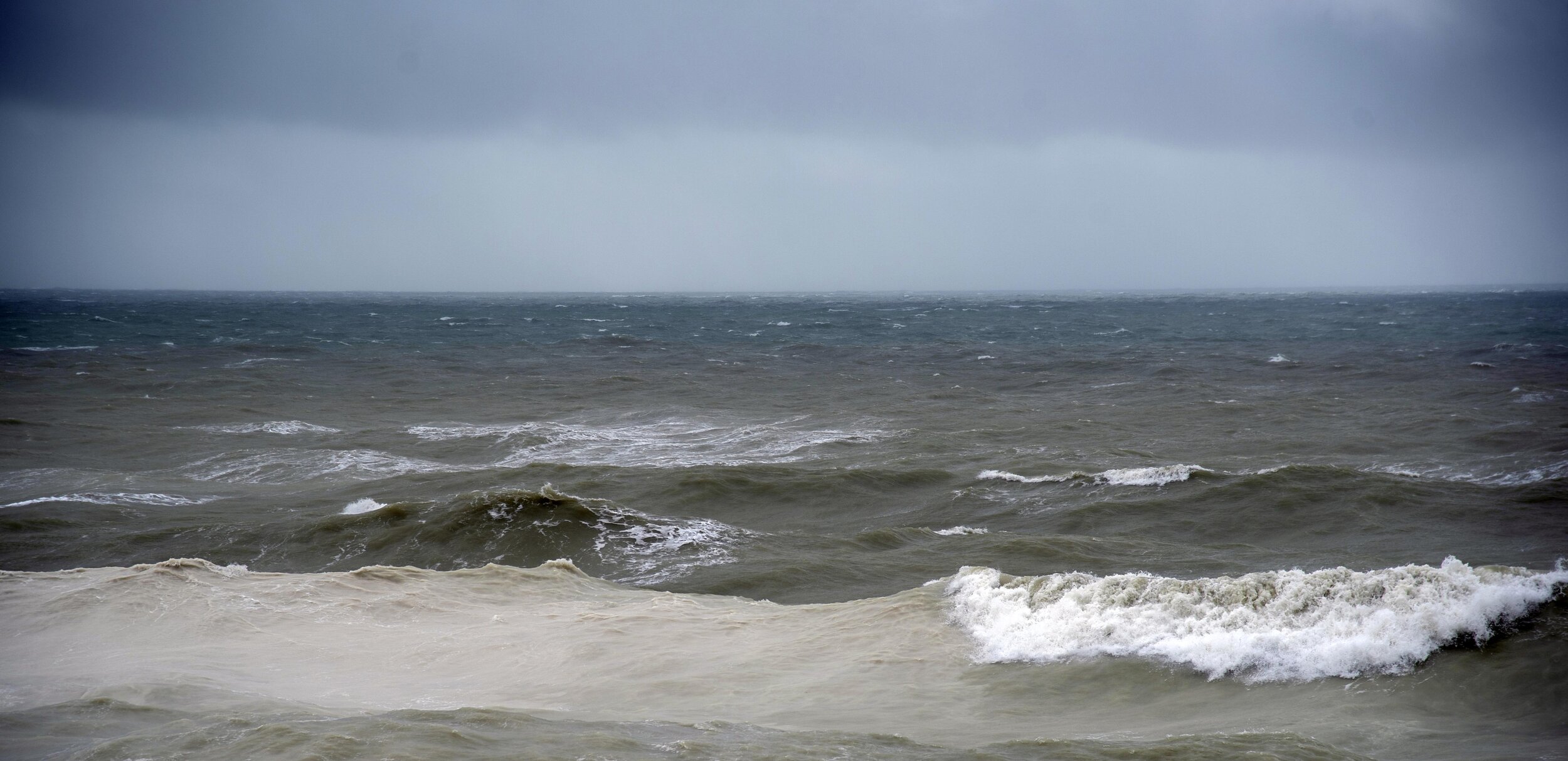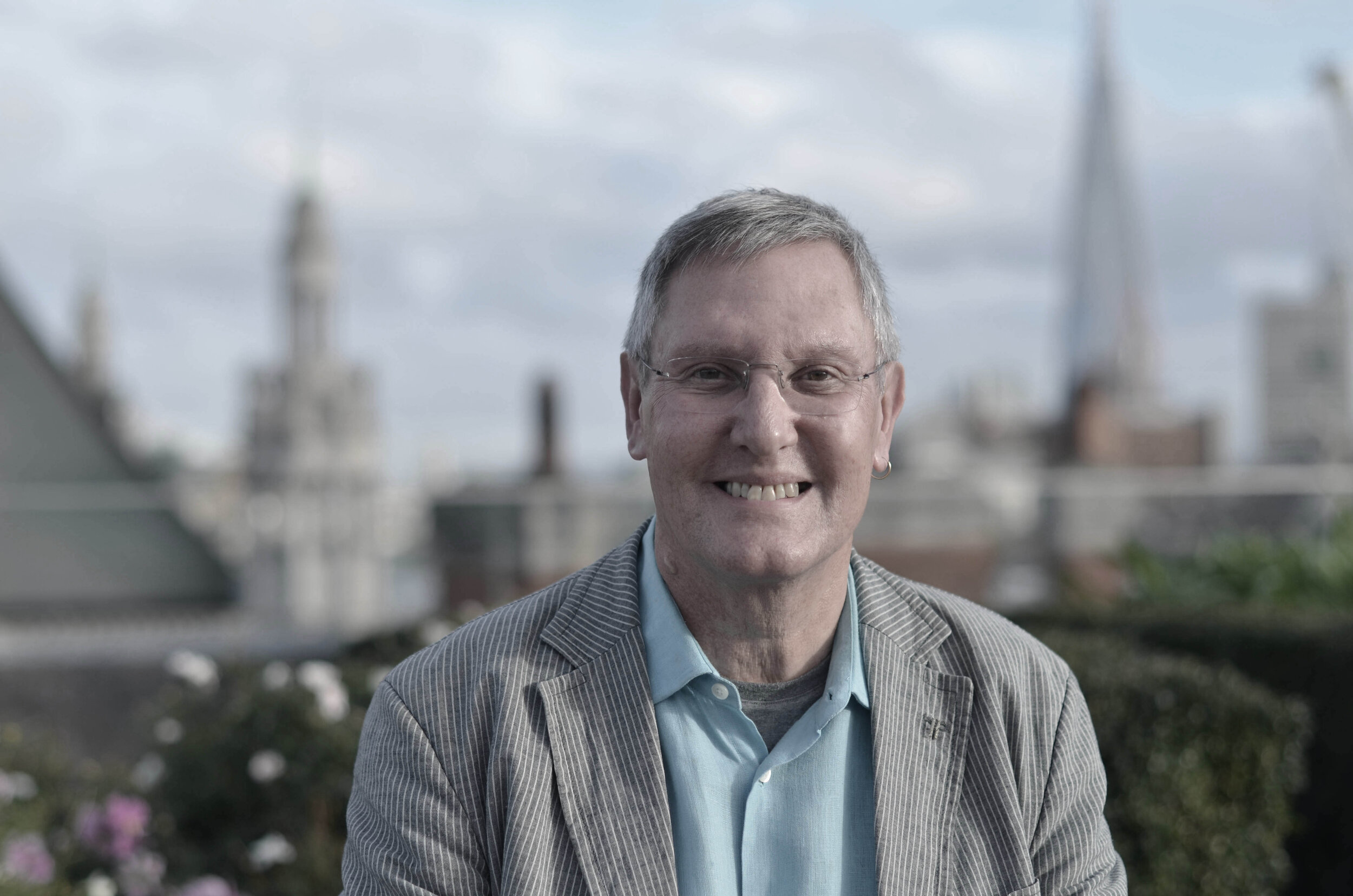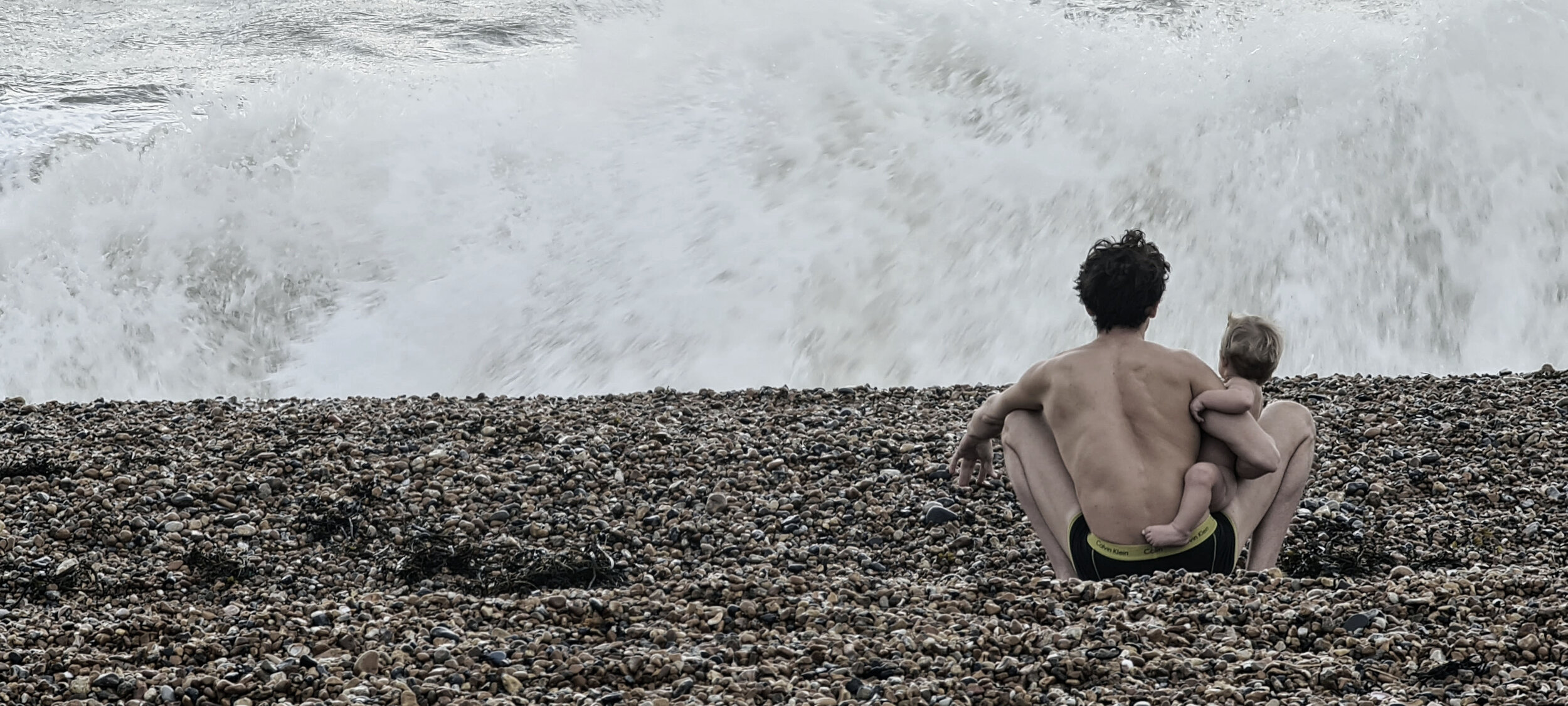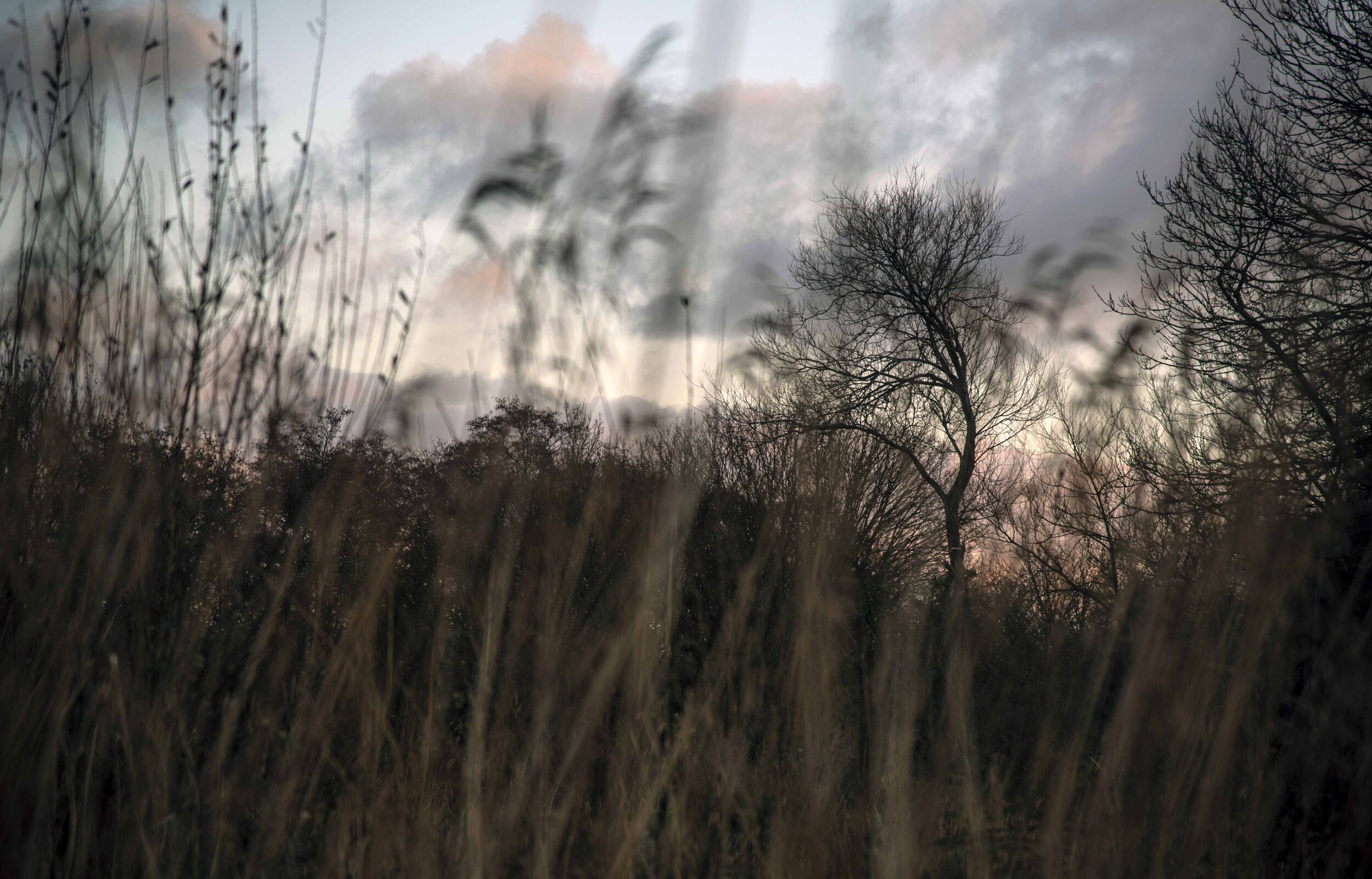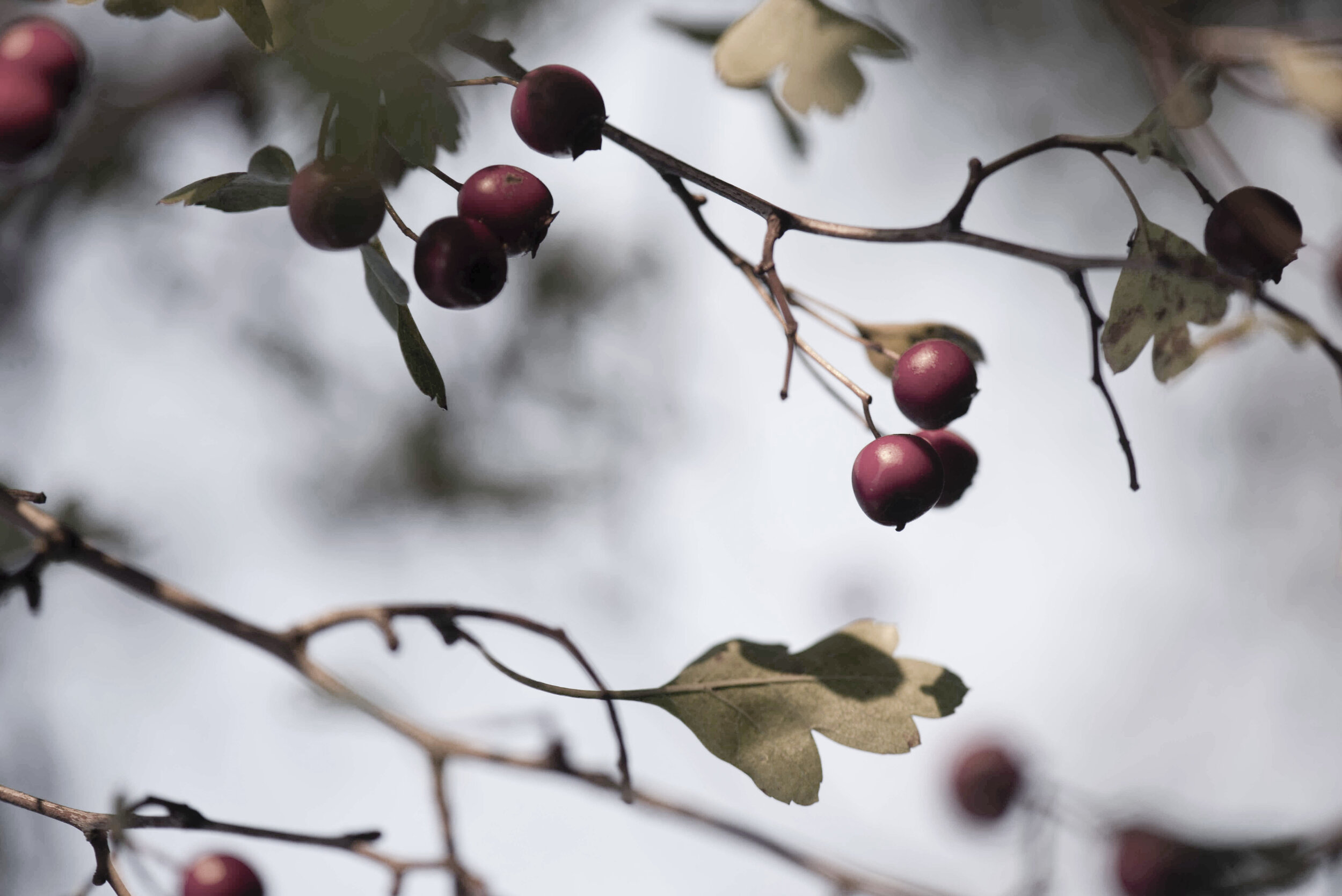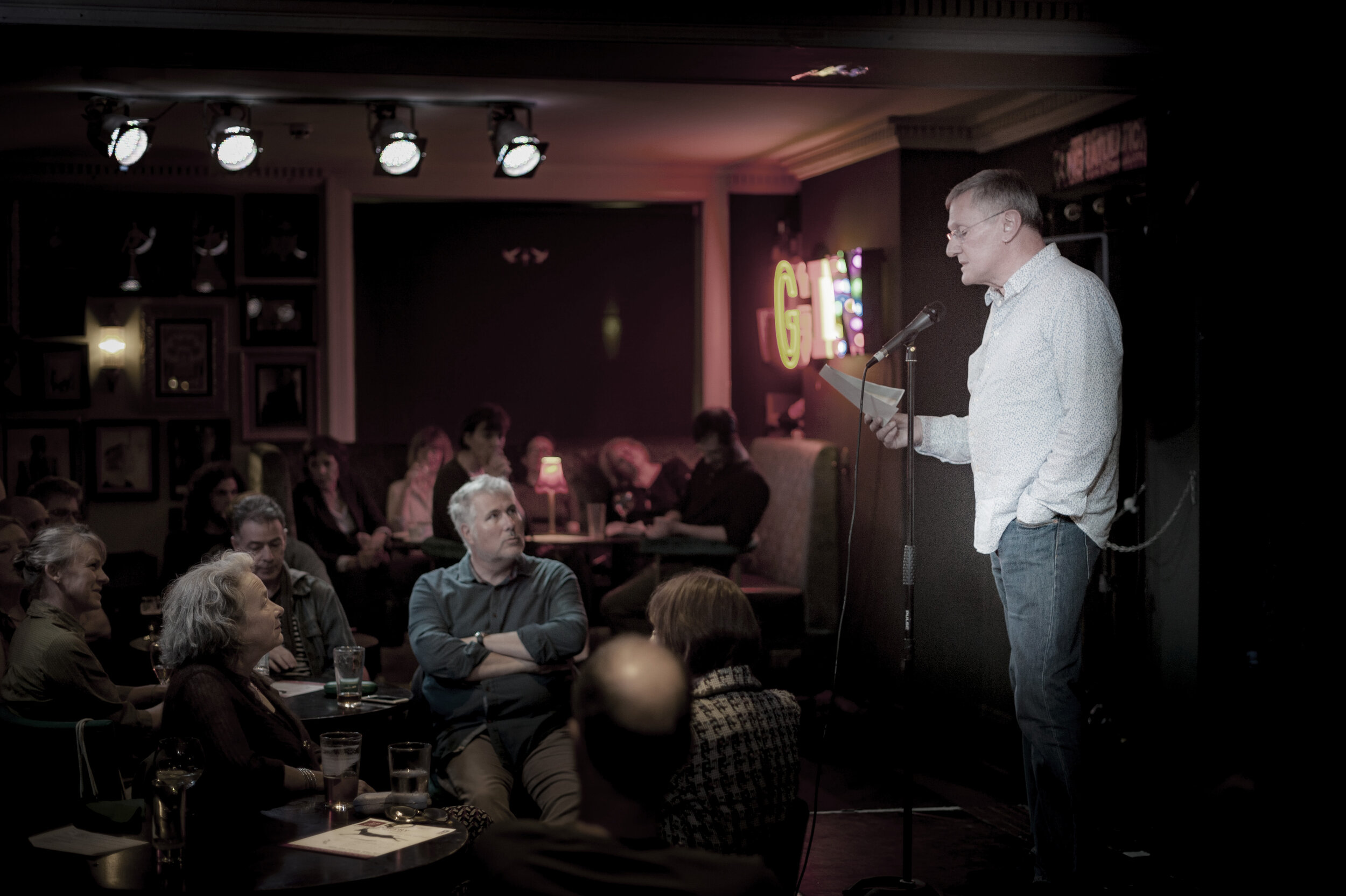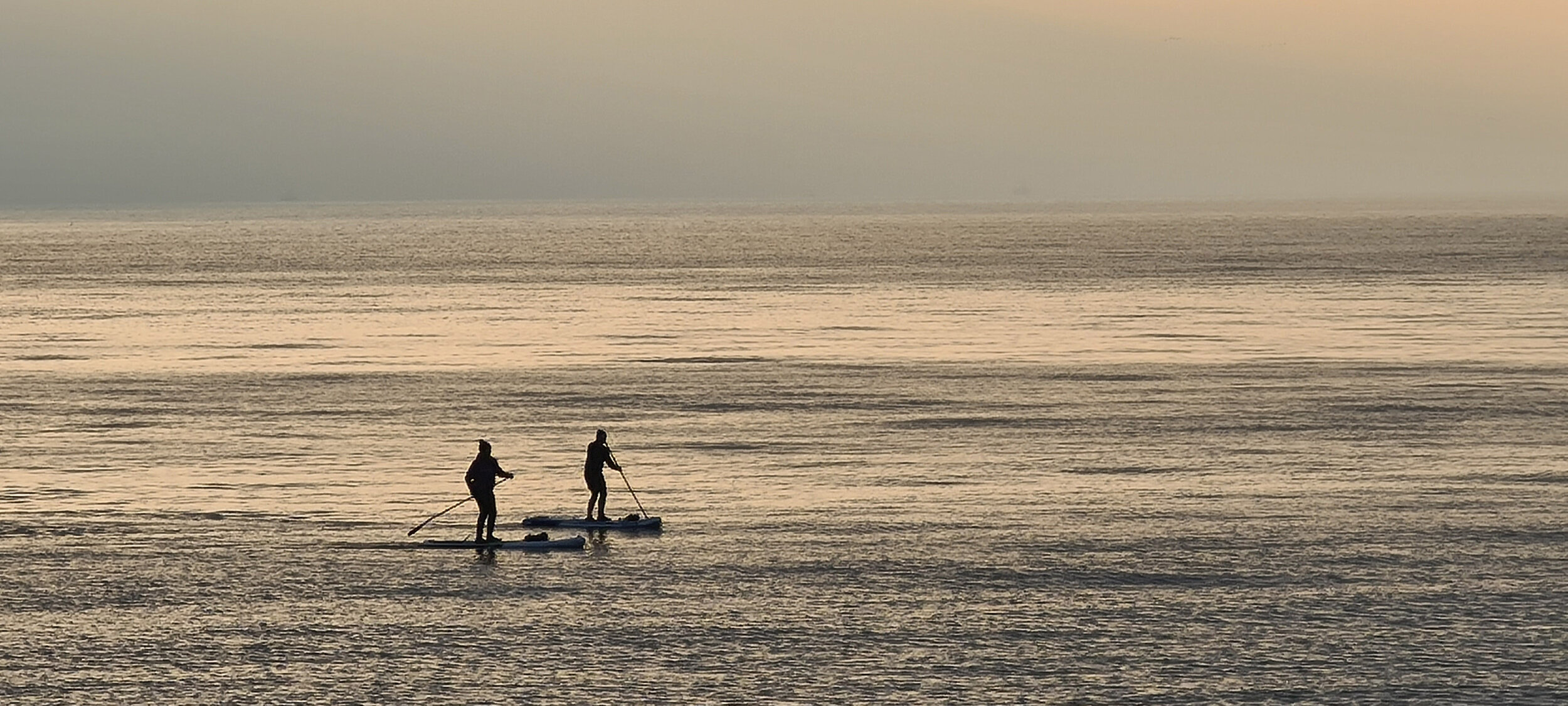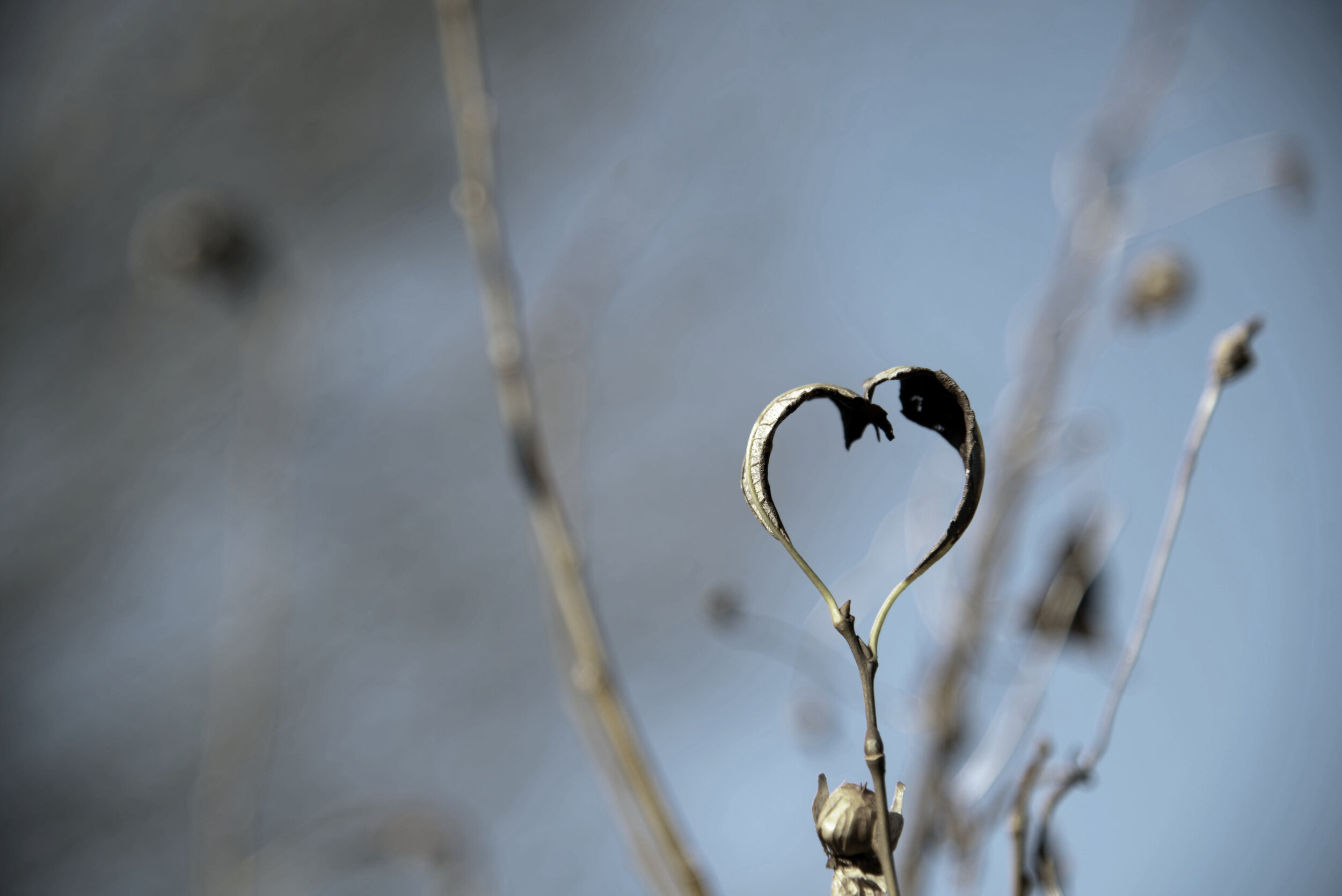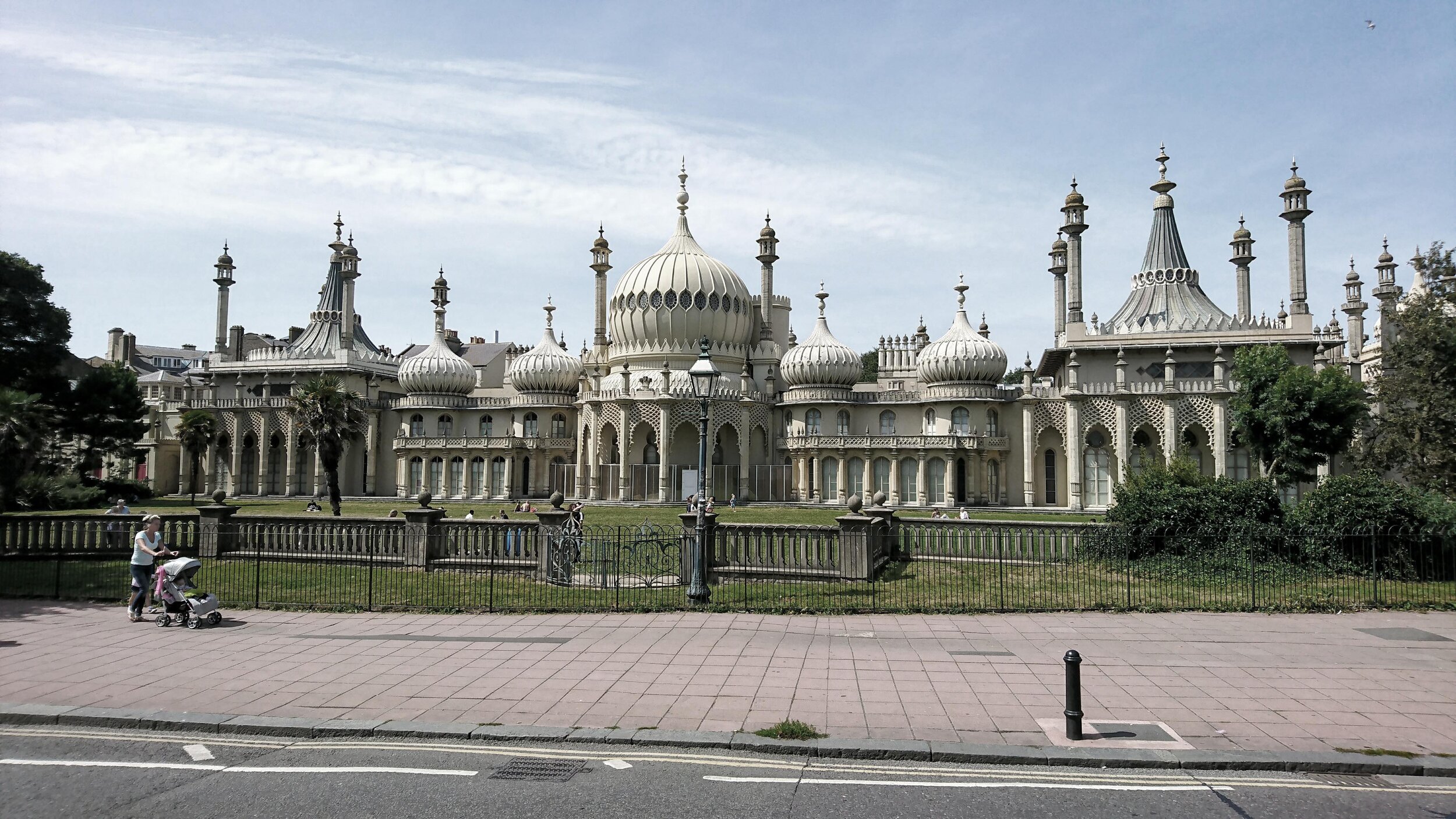About Me
Background:
I was born in Whitechapel, East London in 1957 and studied English Literature at Sussex University from 1975-1978. I was awarded an MA in Social Work from Leicester University in 1988, and worked for 38 years in social work for Northamptonshire, Leicestershire and West Sussex County Councils. I live in Brighton with my husband Keith Rainger. When I lived in the East Midlands, I set up the Corby Writers’ Workshop and the Wellingborough Writers’ Workshop, took part in East Midlands Arts first New Voices Tour and edited four local anthologies.
Publications and Workshops:
I have been shortlisted and highly commended for Forward prizes, appearing in the Forward Book of Poetry 2020. I have been awarded a Hawthornden Fellowship. My poetry has twice been featured as the Guardian Poem of the Week (most recently November 2024 - see News section for the link). My poetry has appeared on BBC Radio 4 and in British, American, Irish and Japanese anthologies, including Collective Brightness: LGBTIQ Poets on Faith, Religion and Spirituality (USA, 2011), Divining Divas: 100 Gay Men on Their Muses (USA, 2012), Queer In Brighton (UK, 2014) and five themed Emma Press anthologies (2014-2019, UK). My most recent publications in three 2024 anthologies are He She They Us: Queer Poems (Macmillan, edited by Charlie Castelletti); Masculinity: an anthology of modern voices (Broken Sleep Books, edited by Rick Dove, Aaron Kent and Stuart McPherson) and Joy//Us: Poems of Queer Joy (Arachne Press, edited by Cherry Potts and Jeremy Dixon). I was first prizewinner in Chroma’s International Queer Writing Competition , 2006 and won The London Magazine Poetry Prize in 2023 (see News for the link). I have run numerous writing workshops, including with Maria Jastrzębska in Brighton’s first Coast is Queer Festival in 2019, weekend schools on memoir with the Creative Writing Programme in March 2021 and March 2022, a reading, interview and workshop for Poetry in Aldeburgh in November 2021 (now a podcast - see News for the link). I have taken part in numerous readings, including most recently an online reading and Q&A for the Centre for John Clare Studies in January 2022, a reading in Epping Forest for the Essex Book Festival in May 2022, two performances at the Brighton Fringe with the poet Simon Maddrell in May 2022, a reading at the John Clare Society Festival in July 2022, a reading as part of the South Downs Poetry Festival in March 2023, readings at Five Leaves Bookshop in Nottingham and John Clare’s Cottage in Helpston in April 2023, and a workshop and reading at Leicester Word! in September 2023. In October 2023 I ran an Arvon course ‘Return to Writing’ with Vanessa Gebbie at The Hurst in Shropshire, and took part in a reading and panel with Janet Sutherland and Maria Jastrzębska on Genre-Bending and Queering Words at the Coast is Queer Festival at Sussex University. This reading and panel from Coast is Queer is now a podcast, episode 63 on The Brighton Book Club podcast. Link available to the podcast on the Media section of this website.
My work has appeared in The Observer, The Spectator, New Statesman, Gay Times, The Poetry Review, The Gay & Lesbian Review, Poetry Wales, Poetry London, The London Magazine, The North, Ambit, Acumen, Agenda, Magma, Under The Radar and Stand. I have reviewed poetry for The North and Staple. I have published six poetry pamphlets including The Rule of Earth from Smith/Doorstop and four full-length collections. Blue Wallpaper (published by Waterloo Press) was shortlisted for the 2020 Polari Prize. My prose memoir with poems A Length of Road: finding myself in the footsteps of John Clare was published by John Murray (Hachette UK) in 2021, and I have recorded it as an audiobook. My fifth collection Nude Against A Rock was published by Waterloo Press in October 2024. Available on the Waterloo Press website, and via a link on the Books section of this website.
Writing outside the mainstream:
I have particular interests in working-class, pro-feminist, radical and queer writing. When I was chosen for the Alternative Generation group of poets (as a response to other Generation promotions ignoring small presses) I wrote a statement for Staple which still feels relevant, and which I’ve updated for my website:
I’m proud to be writing outside the mainstream, and to be linked to other alternative voices. Peter Redgrove wrote: ‘Nor could I falsify my material in the interests of a marketable product. I had to write as the poem wanted me to write.’ I’m aware that my poetry could be viewed as unfashionable, but irony bores me and I try to write as simply as I can.
I use the experiences of fatherhood and sonhood, marriage, separation, the loss of friends, my queer identity, ageing as frameworks to examine the big themes of memory, love and death. For over twenty-five years I’ve enjoyed experimenting with the sonnet, using that form (as Anne Sexton says) because ‘some poems are too difficult to write without controls of some sort.’
Spoken Word performances and poetry readings are booming in the UK, often far outside the mainstream, and creating the positive sense of a poetry community or communities. The small press talent in the UK is energetic and inspiring, if often disappointingly ageist. But - with several notable exceptions including Ken Smith, Elma Mitchell, Grace Nichols, Susan Wicks, Penelope Shuttle, Kathleen Jamie, Jackie Kay, Jo Shapcott, Andrew McMillan, Richard Scott, Raymond Antrobus, Jamie Hale and Joelle Taylor - I find much contemporary mainstream British poetry on the page can feel like tepid bath-water. So I usually return to hotter American examples including Walt Whitman, Emily Dickinson, Edna St. Vincent Millay, Gwendolyn Brooks, Frank O’Hara, James Schuyler, Adrienne Rich, Sylvia Plath, Anne Sexton, Audre Lorde, June Jordan, Marilyn Hacker, Lucille Clifton, Raymond Carver, Mark Doty, Henri Cole, Louise Glu̎ck, Sharon Olds, Claudia Rankine, Terrance Hayes, Jericho Brown, Danez Smith, Ocean Vuong and past greats including Thomas Wyatt, John Clare, Gerard Manley Hopkins, Edward Thomas, Marina Tsvetaeva, Lorca, Cavafy and Neruda.
I’m intrigued that a significant number of poets are drawn to experimenting with the memoir form. Notable examples include Maggie Nelson, Jackie Kay, Helen Macdonald, Patti Smith, Clare Best, Catherine Byron, Henri Cole, Blake Morrison, Susan Wicks, Mark Doty and John Burnside. I learned from them all while drafting my memoir ‘A Length of Road.’ Since publishing ‘A Length of Road’, I have become excited by the inventive forms, rigour and unsentimental honesty of Annie Ernaux’s memoirs, including her clarity about how a working class background influences her subjects and her writing style.
I’m aware of the politics of publishing: why one book gets accepted or promoted and another vision ignored. I don’t underestimate the difficulties of staying true to your voice, but usually poetry and memoir insist there’s no other option. I believe that alternative, under-represented voices (Black, Asian, biracial and multi heritage writers, working-class writers, writers with disabilities, lesbian, gay, bisexual, trans, non-binary and queer writers) can either collude with self-censorship by silencing themselves or speak up, claim the page and their own limelight from the margins: by writing make their words take centre-stage.


